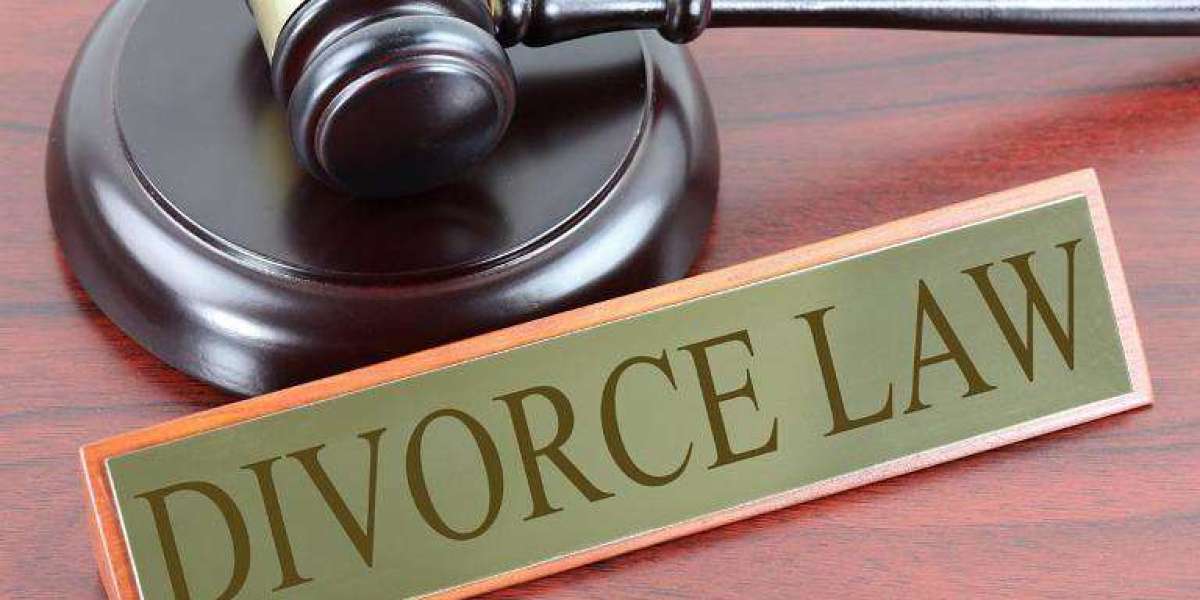A serious injury flips life upside down—doctor visits, missed paychecks, and calls from insurance adjusters who want statements before you’ve even processed what happened. In that swirl, a seasoned personal injury attorney Naples turns confusion into a plan. The right lawyer preserves evidence, coordinates medical proof, and negotiates from strength so you can focus on getting well, not fighting paperwork.
Why a Naples-based lawyer matters
Personal injury practice is part law, part logistics. Naples has seasonal traffic surges, tourist-heavy corridors, and busy waterways; evidence lives in places that disappear fast—store cameras that overwrite in days, intersection video, vessel or vehicle “black box” data, rental logs, body-cam footage. A local attorney knows where to look, who to ask, and how Collier County judges and mediators view common disputes. Insurers track which Naples firms prepare cases for trial; that reputation changes the negotiation.
What your attorney does—starting day one
Investigation. Fast action protects your claim. Your lawyer secures police or incident reports, 911 audio, photographs, measurements, and witness statements. Preservation letters go to businesses and carriers so video and data aren’t “lost.” When needed, they bring in reconstructionists, human-factors specialists, or biomechanical experts to explain how and why the event caused specific injuries.
Medical proof. Records alone rarely tell the whole story. Counsel coordinates clear treating-physician narratives that tie the incident to diagnoses, document objective findings (imaging, neurological tests), and outline reasonable future care—therapy, injections, or surgery. This medical roadmap anchors case value.
Insurance strategy. Your attorney fields insurer calls, stops recorded statements, and identifies every coverage layer—at-fault liability, your PIP/no-fault, MedPay, uninsured/underinsured motorist, and any umbrella policy. They also negotiate medical liens so more of any resolution reaches you.
If the carrier refuses to be fair, your lawyer files suit, manages discovery and depositions, and prepares for mediation or trial—keeping you updated at each step.
Common Naples injury scenarios
Motor-vehicle collisions. Rear-end and left-turn crashes along US-41, Pine Ridge Road, Golden Gate Parkway, and Davis Boulevard often involve distraction. Persuasive proof includes traffic-cam and business video, EDR (“black box”) downloads, and phone records.
Boating and personal watercraft incidents. Naples Bay and Gordon Pass see heavy seasonal traffic and rentals. Rental waivers, GPS tracks, maintenance logs, and Coast Guard or FWC reports can be decisive—if obtained before systems overwrite.
Premises liability. Resorts, groceries, and restaurants must keep premises reasonably safe. Strong cases show notice—that a hazard existed long enough to be found or was created by staff. Sweep logs, cleaning schedules, prior complaints, and time-stamped video matter.
Construction and jobsite injuries. With regional growth come scaffold falls, struck-by events, and electrical injuries. Workers’ compensation may be primary, but third-party claims against owners, general contractors, subcontractors, or product manufacturers can provide full damages.
Elder-care and medical negligence. Naples’ older population heightens risks of pressure injuries, falls, and medication errors; these cases demand meticulous chart reviews and compliance with pre-suit rules.
Florida law—plain and practical
PIP/no-fault. After a car crash, Personal Injury Protection may pay an initial slice of medical bills and lost wages regardless of fault. Significant or permanent injuries open the door to pursue the at-fault driver for the full measure of damages, including pain and suffering. Prompt treatment helps preserve PIP eligibility.
Comparative negligence. Florida’s modified comparative negligence can reduce compensation by your percentage of fault—and in many negligence cases, bar recovery if you’re found more than 50% responsible. Insurers lean on this defense; organized evidence counters it.
Deadlines and notices. Statutes of limitation are strict. Claims against government entities or healthcare providers carry additional notice or pre-suit requirements. Early counsel protects timing and preserves proof.
How cases are actually won: liability, causation, damages
Liability proves someone acted unreasonably—speeding through a stale yellow, ignoring a recurring spill, defeating a safety feature, or selling a defective product.
Causation links that conduct to your injuries. Treating-physician opinions, imaging, and, when needed, biomechanical or human-factors analysis address claims of “low-impact” forces or pre-existing conditions.
Damages quantify loss: emergency transport, hospital and specialist bills, therapy, prescriptions, medical equipment, home or vehicle modifications, mileage, future care, lost wages and earning capacity, and non-economic harm like pain, suffering, and loss of enjoyment of life. In wrongful-death matters, families may recover funeral costs and loss of support and companionship. Your lawyer’s job is to build a coherent, documentation-rich story across all three pillars that resonates with adjusters, mediators, and jurors.
Evidence that moves decision-makers
Persuasive claims are built, not assumed. Expect your attorney to assemble time-stamped video, photographs, scene measurements, EDR and phone data, maintenance logs, rental agreements, and prior-incident histories. On the medical side, consistency matters: regular follow-ups, compliance with care plans, and clear physician narratives increase credibility and value.
Settlement, mediation, and trial
Most cases settle after discovery clarifies risk for both sides. Mediation is common in Collier County and productive when liability and medical proof are well-developed. Some matters must be tried—especially when causation is disputed or non-economic losses are undervalued. Paradoxically, the more trial-ready your case is—experts retained, exhibits prepared, damages modeled—the likelier and better the settlement becomes.
Fees, costs, and choosing the right lawyer
Personal injury representation is typically contingency-based: no attorney’s fee unless there’s a recovery. Ask how case costs (records, experts, depositions) are advanced and repaid, how medical liens are negotiated, and what a typical net to client looks like in similar matters. Choose counsel with experience in your type of case (motor-vehicle, boating, premises, construction, elder-care), a clear communication rhythm, and a plan for the crucial first 72 hours of evidence preservation.
Your next steps
Get medical evaluation promptly. Report the incident (police for crashes; property management for falls; FWC/Coast Guard for boating). Photograph vehicles, hazards, lighting, and injuries; keep shoes or clothing from a fall; gather witness contacts. Decline recorded statements and stay quiet on social media. Then speak with a personal injury attorney in Naples who can shoulder the legal load while you focus on healing. With a structured plan and trial-ready posture, you can move from uncertainty to action—and toward a recovery that restores both health and financial stability.



